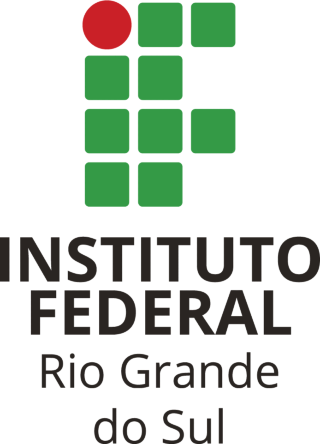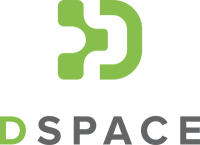| dc.contributor.advisor |
Camargo, Edson Carpes |
pt_BR |
| dc.contributor.author |
Pereira, Marcelo da Silva |
pt_BR |
| dc.date.accessioned |
2021-09-03T00:49:03Z |
pt_BR |
| dc.date.available |
2021-09-03T00:49:03Z |
pt_BR |
| dc.date.issued |
2021 |
pt_BR |
| dc.identifier.uri |
https://dspace.ifrs.edu.br/xmlui/handle/123456789/411 |
pt_BR |
| dc.description.abstract |
A cultura maker tem se apresentado como um potencial de inovação no ambiente escolar. Exemplo disto, foi o edital 35/2020 do Ministério da Educação, o qual previa apoiar a criação de Lab IFMaker nas unidades acadêmicas da Rede Federal. Este estudo tomou como lócus o Instituto Federal do Rio Grande do Sul (IFRS) nos campi de Bento Gonçalves, Ibirubá e Osório, que foram contemplados com a implantação de laboratórios maker, através do referido edital, pautado no percurso metodológico na pesquisa exploratória qualitativa a partir da aplicação de entrevistas semiestruturadas com os/as respectivos/as gestores/gestoras. O objetivo do estudo foi analisar os motivadores e as contribuições da implementação do Lab IFMaker e sua relação com o desenvolvimento de uma cultura maker num instituto federal. Lançando, assim, um olhar da gestão escolar com base nos princípios disruptivos da cultura maker, em consonância com a concepção democrático-participativa, no desenvolvimento de um espaço educacional inovador e provocativo. O campo teórico esteve pautado nos escritos de Anderson (2006, 2016), Clay e Phillips (2015), Hatch (2013) e Libâneo (2012). Os achados deste estudo nos remetem às contribuições do movimento maker na educação, desenvolvedor de empreendedorismo educacional, de gestões escolares democráticos-participativas, chave para inovações e assim realizar mudanças culturais capazes de provocar alterações curriculares no interior das escolas. |
pt_BR |
| dc.description.abstract |
The maker culture has emerged itself as a potential innovative field in the school environment. An example of this, it is the public notice 35/2020 of the Ministry of Education, which depicted the creation and support of the Lab IFMaker in the Federal Academic Units. This study took the Federal Institute of Rio Grande do Sul (IFRS) as its locus on the Bento Gonçalves, Ibirubá and Osório campuses, which were contemplated with the implementation of maker Laboratory through the previously mentioned public notice guided by the methodological path in qualitative exploratory research based on the application of semi-structured interviews with their respective managers. The purpose of the study is to analyze the IFMaker Laboratory and its relation to the development of maker culture in a Federal Institute. Thus, promoting a scrutiny at school management based on the descriptive principles of the maker culture in accordance with the democratic-participative conception in the development of an innovative and provocative educational space. The theoretical field is based on the writings of Anderson (2006, 2016), Clay and Philips (2015), Hatch (2013) and Libâneo (2012). The findings of this study lead us to the contributions made by the maker movement in education, the developer of educational entrepreneurship of democratic – participatory school managements, key to innovations and thus making cultural changes capable of causing curricular changes in schools. |
en |
| dc.format.mimetype |
application/pdf |
pt_BR |
| dc.language.iso |
por |
pt_BR |
| dc.rights |
Open Access |
en |
| dc.subject |
Gestão escolar |
pt_BR |
| dc.subject |
Faça você mesmo |
pt_BR |
| dc.subject |
Empreendedorismo |
pt_BR |
| dc.subject |
Inovação |
pt_BR |
| dc.title |
A cultura maker no IFRS: um olhar da gestão sobre a implementação do Lab IFMaker |
pt_BR |
| dc.type |
Trabalho de conclusão de especialização |
pt_BR |
| dc.degree.grantor |
Instituto Federal de Educação, Ciência e Tecnologia do Rio Grande do Sul |
pt_BR |
| dc.degree.level |
Especialização |
pt_BR |
| dc.degree.date |
2021 |
pt_BR |
| dc.degree.local |
Feliz, BR-RS |
pt_BR |
| dc.degree.department |
Campus Feliz |
pt_BR |
| dc.degree.specialization |
Especialização em Gestão Escolar |
pt_BR |



